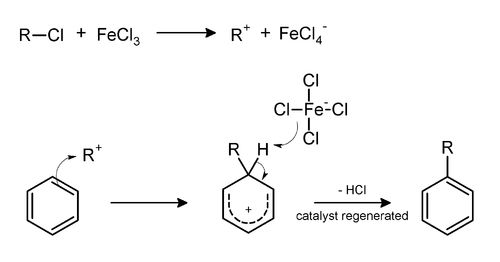I am studying for the International Chemistry Olympiad and some of questions involve synthesis of complicated organic compounds and i have no idea how to do them.
The setting of the questions is usually like this: they give you a rough idea of the end product however some of the groups are replaced with R. They replace all the other intermediates with A, B, C ... They also give the reactants and catalysts for each step.
Most of the time the catalysts are lewis acids. I wondering if you were able to provide mechanisms and general resulting reactions of these catalyses so i could predict what the product will be.
Also, is $\ce{NaBH4}$ a lewis acid?

